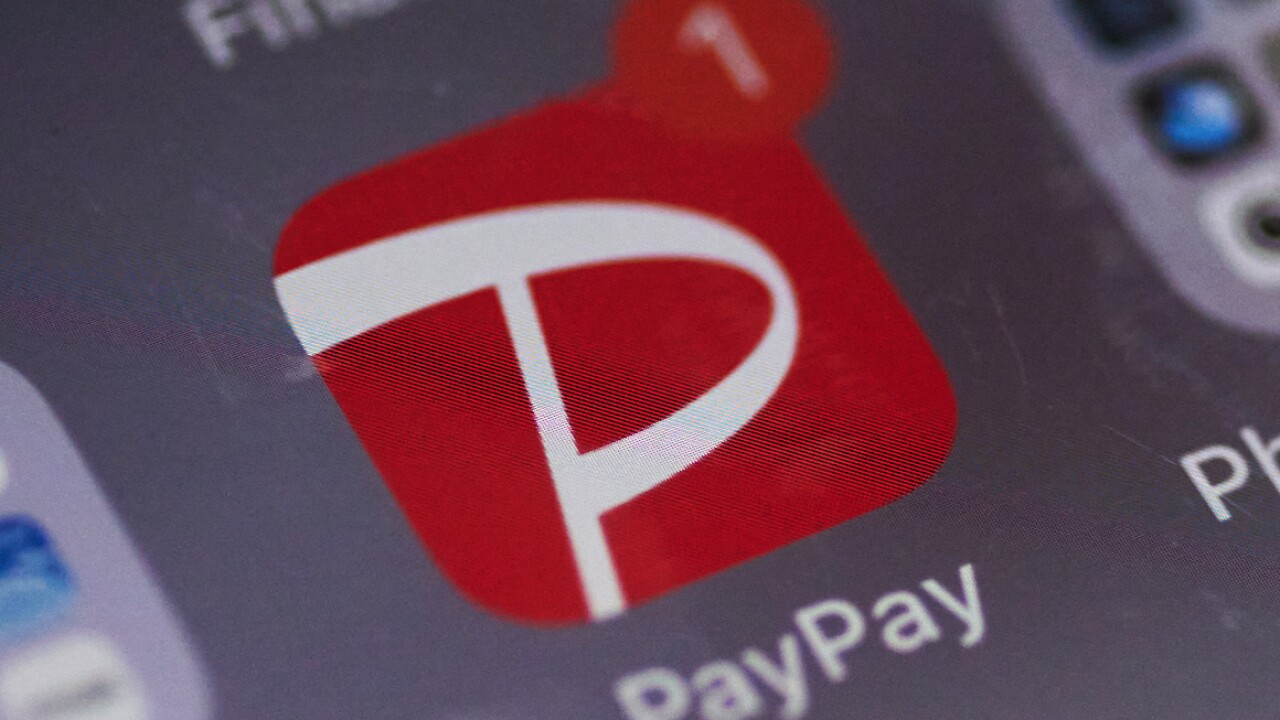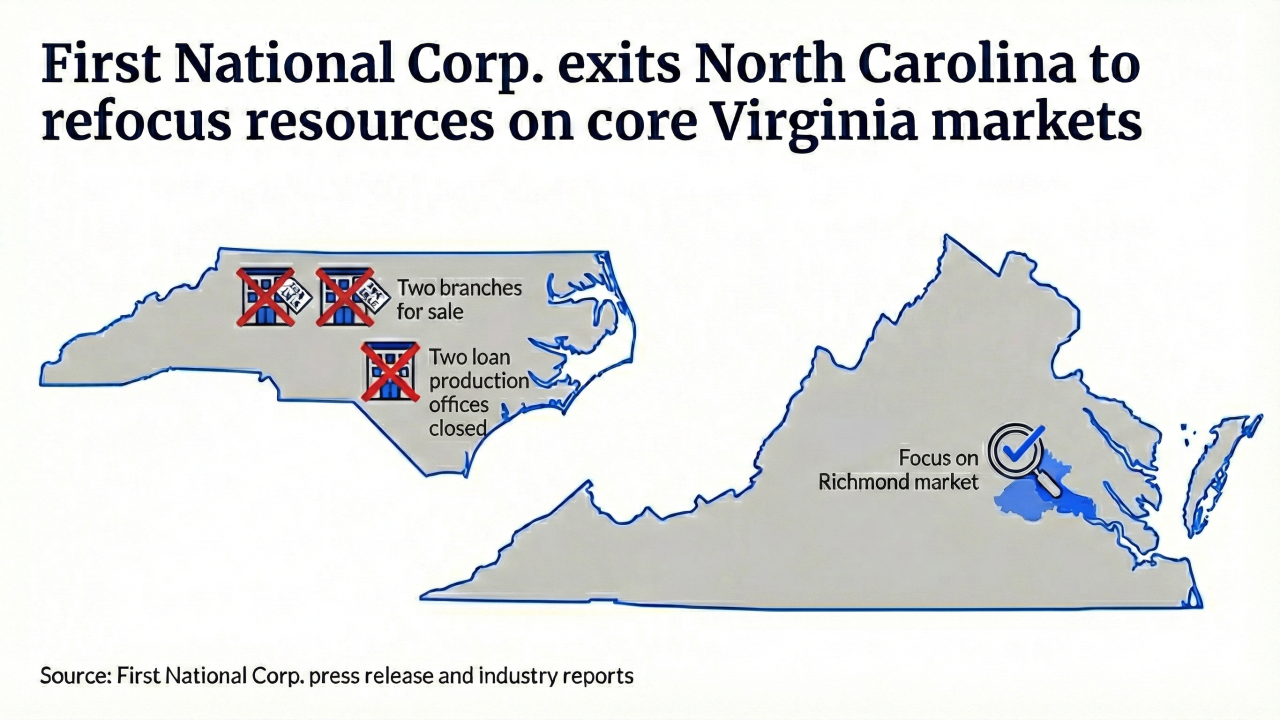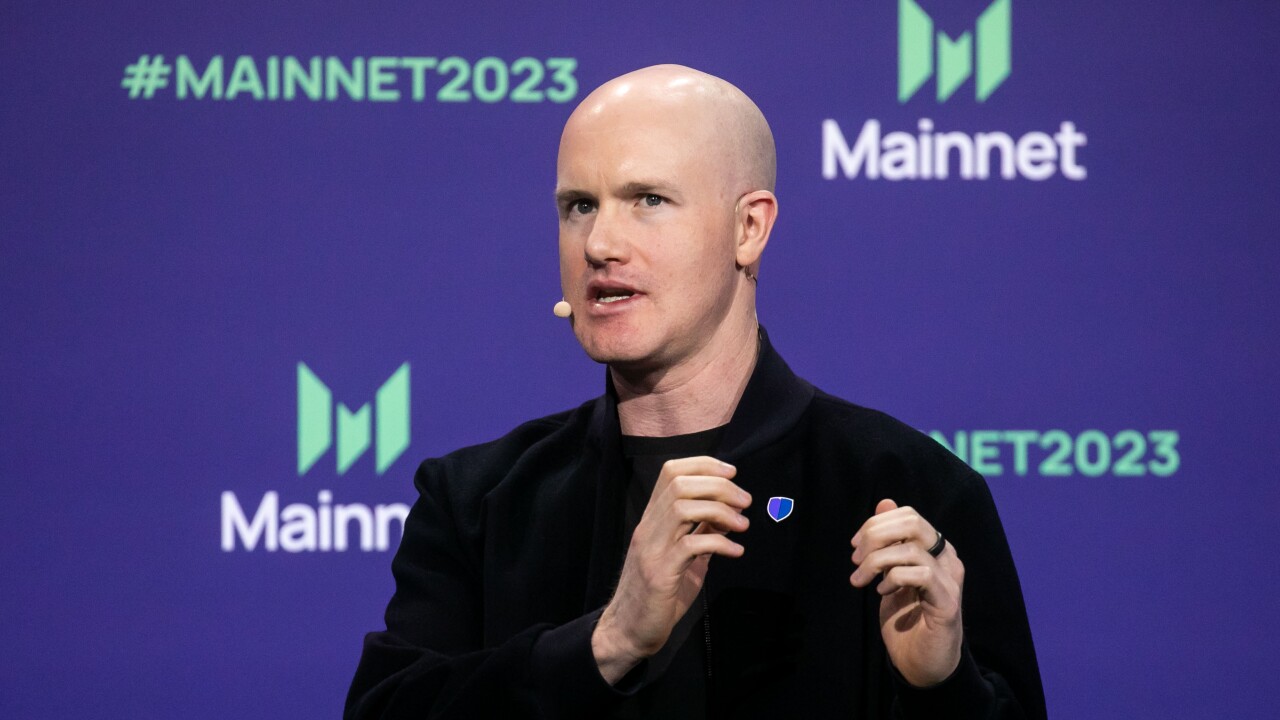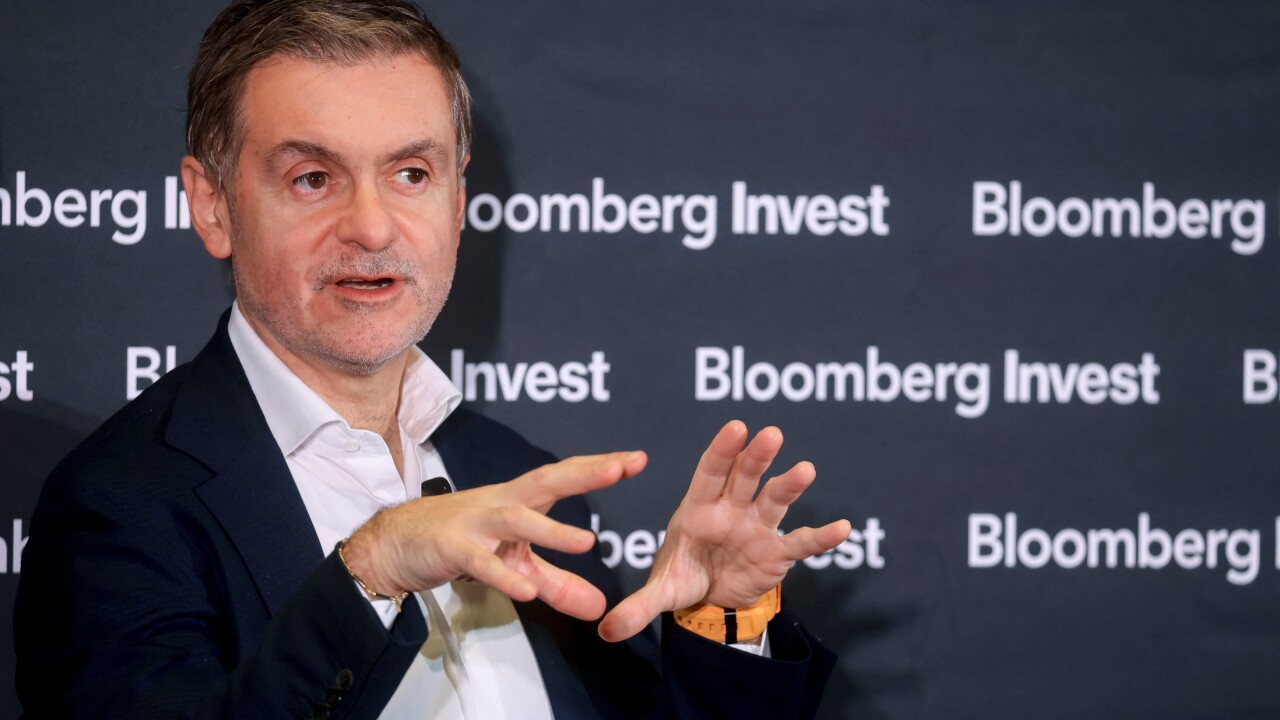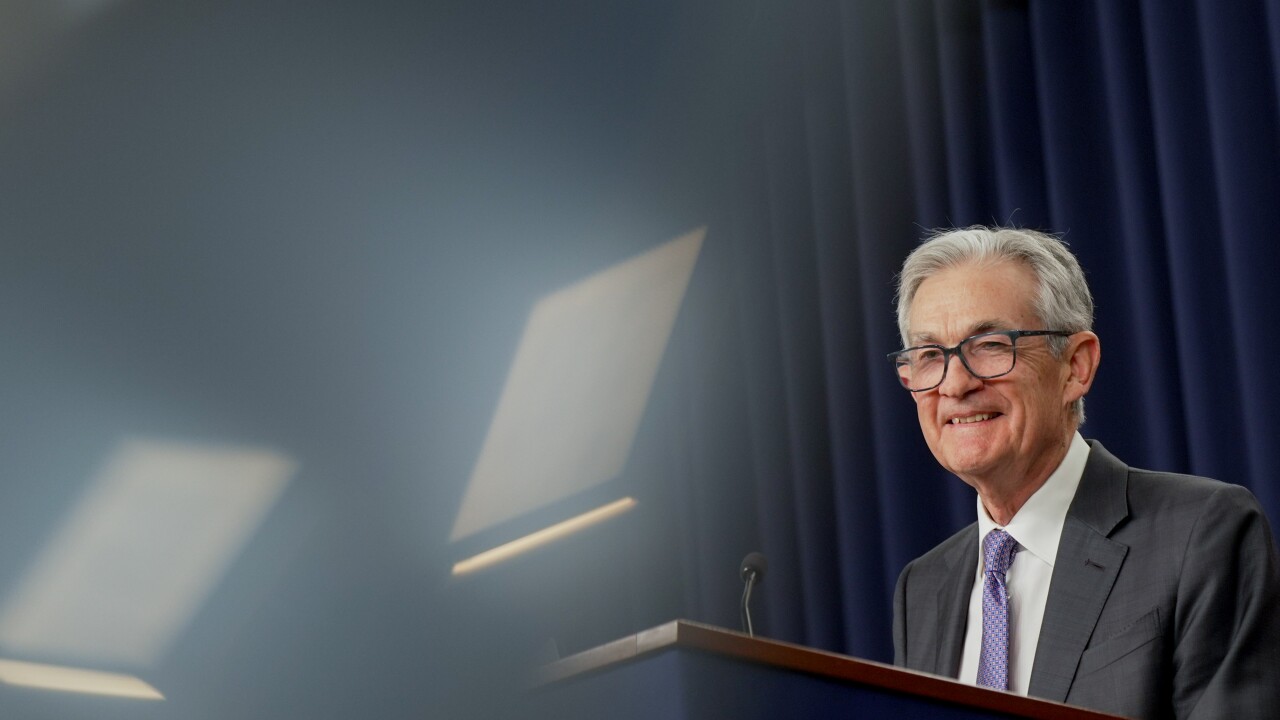Companies that adopt purchasing card systems cut invoice processing costs an average of 73%, according to a study commissioned by Visa International.
Processing Content
Visa, which is working hard to promote the cards, said they can save companies $60 per transaction in invoice processing, reducing costs to $23 per transaction.
The study breaks ground in documenting how much companies are saving, said Marcie Verdin, vice president of purchasing, Visa U.S.A. "Now companies that are starting out have evidence that corporate America is really saving some money" with purchasing cards.
Deloitte & Touche Consulting Group conducted the study. Visa is using the results in domestic and international promotions, but 93% of Visa purchasing cards are issued in the United States.
"A lot of companies have been playing with purchasing cards since the mid-1990s, and they are struggling," Ms. Verdin said. The study provided a way to share the best practices that companies have found, she said.
Consolidating purchases on a single card system can eliminate the need for numerous approval signatures. Card companies have been promoting the cards as a way to decentralize purchasing, reduce paperwork, and save time without loss of control.
"People can spend more time on strategic issues instead of pushing paper around,"said David K. Hillman, a senior manager in the Parsippany, N.J., office of Deloitte & Touche, who worked on the study.
According to Visa, purchasing cards reduce the time it takes to prepare the average order from 54 minutes to 14. Visa International paid for the study to "check the impact our purchasing programs had in the real world," said Sylvia Harris-Payne, a senior vice president of the card association. Visa says it has issued 75% of all purchasing cards worldwide.
The consulting firm polled 18 multinational companies in the United States and United Kingdom.
Fifty-two percent of respondents used Visa's purchasing card program, 24% MasterCard International's, and 24% American Express Co.'s.
The study found senior management's commitment to purchasing cards was a critical determinant of success. Managers who were pleased with the outcome of their programs expressed a willingness to change their habits and relinquish some control over day-to-day purchasing.
Visa is using the study to produce a guide for member banks on designing a purchasing card program. Visa is also developing a CD-ROM programmed to help clients forecast the savings they can expect.
In a separate study of corporate cards that Deloitte & Touche conducted for Visa U.S.A., travel and entertainment expenditures were found to be the "second-greatest controllable cost" for corporations.
Sixteen Fortune 500 companies were surveyed, and those that had converted to an automated expense reporting system saved as much as $13 per expense report, or more than $1 million annually.
Creating central repositories of travel and entertainment data saved these companies an additional 8% to 10%, the study found.
Companies with air travel budgets of $100 million saved an extra $1 million a year when senior executives fully complied with company travel policies.
"It has become increasingly apparent that T&E must be managed not as an isolated function within companies, but as one linked to other business processes and functions," said Bruno Perreault, senior vice president for commercial card products at Visa U.S.A.
